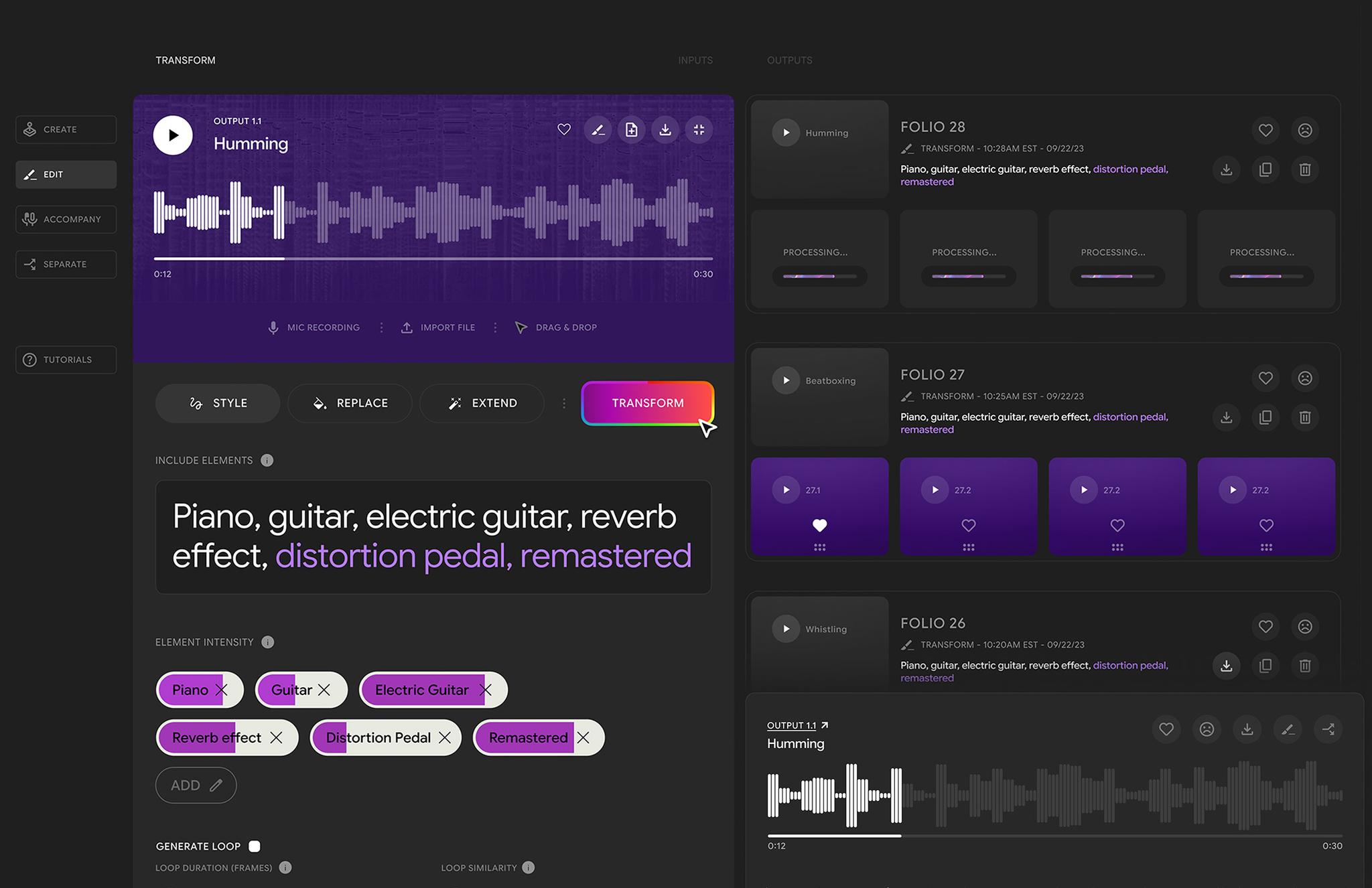Thursday, July 31st 2025
Music is an art form and a creative expression that is very much present in our everyday lives; when you’re driving to work, or taking the subway, or doing home office, or even jogging in the park or running errands, it’s pretty common for people to say that music was their companion during one of these scenarios. Music is also a source of inspiration for many artists, as some of them like to listen to specific genres or songs, bands or singers when working on their personal projects, from designing to painting to photography, music it’s always there.
"Artist taking some control over the AI craze"
As an ever-present figure in human life, it was only a matter of time for companies to catch up on this and use it as a medium to expand this new brand of technology that we call in general as AI. Yes, we’ve all heard the AI renditions of your favorite artists doing unofficial covers from other artists, but no, this goes beyond that fake Bad Bunny song that went viral or Taylor Swift robotically singing Madonna’s “Like A Virgin” in TikTok. We’re talking about a serious collaboration between Google and YouTube to bring the most advanced AI music generation to date, called Lyria.

Lyria branches out into two experiments “designed to open a new playground for creativity” according to Google DeepMind itself, called Dream Track and Music AI Tools. Dream Track is a “an experiment in YouTube Shorts designed to help deepen connections between artists, creators, and fans through music creation”, while Music AI Tools is a set of tools they’re designing with artists, songwriters, and producers “to help bolster their creative processes”. To bring Lyria to life, Google summoned technical experts alongside a diverse range of world-renowned artists and songwriters to explore, in a responsible way, how AI can be used to “shape the future of music creation”. So far so good, as the purpose of the project is not to replace artists with AI but to enhance and facilitate their work through technology.
What really called our attention from the whole Lyria project is Dream Track, which is said to be a new bridge between artists and fans, in collaboration with YouTube: “Within the experiment, a limited set of creators will be able to use Dream Track for producing a unique soundtrack with the AI-generated voice and musical style of artists including Alec Benjamin, Charlie Puth, Charli XCX, Demi Lovato, John Legend, Sia, T-Pain, Troye Sivan, and Papoose. Each participating artist has partnered with us and will have a hand in helping us test and learn to shape the future of AI in music. Dream Track users can simply enter a topic and choose an artist from the carousel to generate a 30 second soundtrack for their Short. Using our Lyria model, Dream Track simultaneously generates the lyrics, backing track, and AI-generated voice in the style of the participating artist selected”.
So, basically, it’s artists taking some control over the AI craze that allows random people in the internet to use their voice and sounds to create their own songs without repercussions or without any actual intellectual ownership of the products they are creating. While AI is a delicate matter for some creators, we have to wait until the actual implementation of Dream Track, its performance, and Google’s ability to partner with big names to join their experiment to see if it actually works and it manages to be established as a regular practice by the audience, or if it’s just going to be the meme of the week.
All images attached to this article are not property of Lorem Ipsum and were crafted by the artists mentioned above.
Sources:
deepmind.google/













